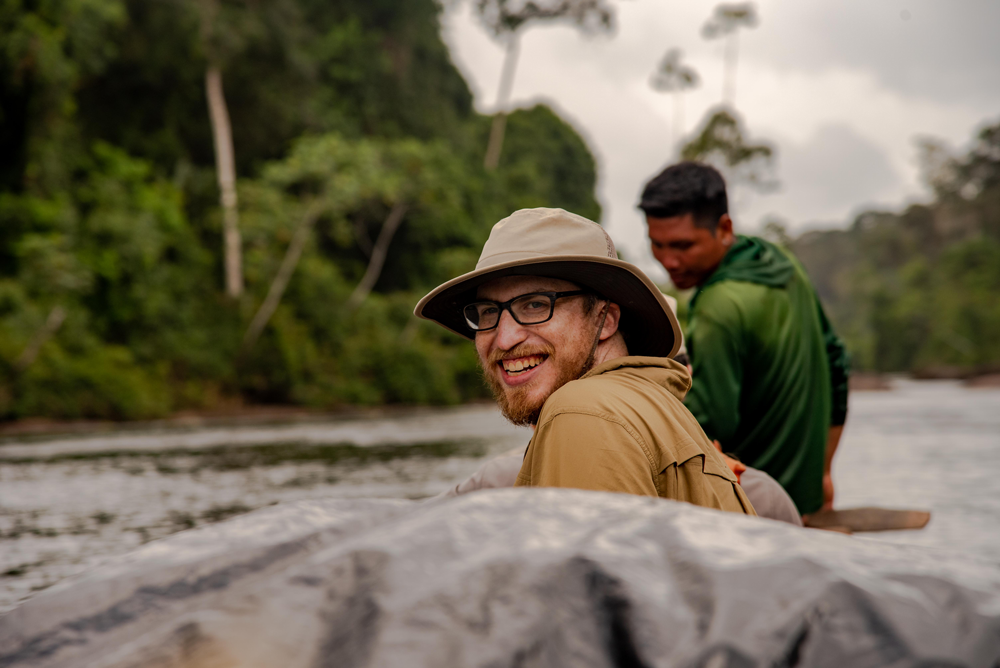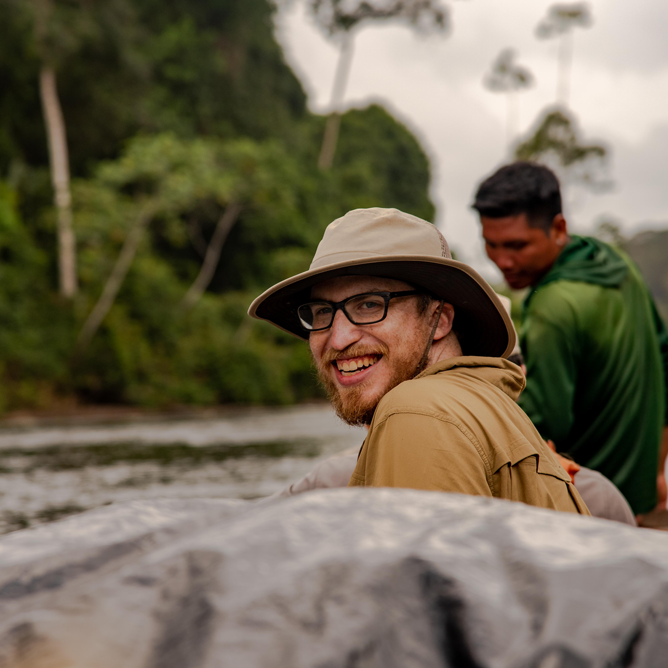 Mar
08
Mar
08
Sam Borstein
- March 8, 2024
- 0 Comment(s)

Sam Borstein is an Assistant Professor in the Department of Biology at Texas State University in San Marcos. Sam’s research focuses on better understanding the ecological and evolutionary factors that have led to the stunning diversity of fishes and has allowed them to become the most diverse group of vertebrates. Although Sam’s research broadly addresses the global diversity of fishes, much of his work focuses on cichlid fishes as a model to understand ecological and evolutionary processes. Sam’s research has taken him to Costa Rica and Suriname to collect fishes. Sam’s blog about his research and fish can be reached at fish4thought.wordpress.com.
Current Cichlid Research
Sam’s talk will discuss two different projects that use cichlids to better understand two major concepts thought to promote speciation and generate diversity in fishes. One such concept is adaptive radiation, which is the rapid speciation and ecological diversification from a common ancestor. Cichlids have commonly undergone adaptive radiation (the cichlids of Lake Malawi and Lake Victoria being some examples). Another major concept is key-innovation. Key-innovations are traits that are thought to lead to the evolutionary success of organisms that possess them. One such example of a key-innovation are the pharyngeal jaws, which all cichlids possess and are thought to have promoted cichlid speciation via dietary specialization. Sam will discuss cutting-edge ways (such as genomics, microCT scanning, and large eco-evolutionary studies) that his research group addresses questions around these concepts and how they help in understanding the pathways that have led to the staggering diversity of cichlid fishes.
